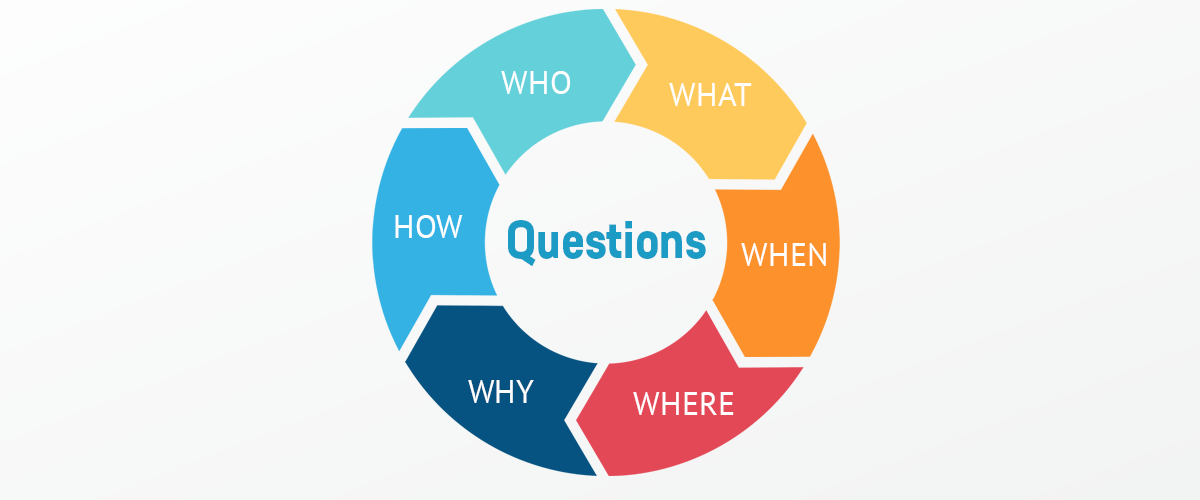
Just heard about aphasia? Been dealing with it for a while? In either case, a diagnosis of aphasia can leave the family with many questions but few answers. Each family with aphasia has to learn about it the hard way. Many families do not receive good or timely information about aphasia and have to do the research themselves. There are many sudden life changes with unanswered questions. Here are the most important things in a nutshell:
- There is no plateau. Many people believe that the first six months after the stroke is the only time for improvement. This is not true. Research has shown that the brain continues to make changes (neuroplasticity) no matter how long after the stroke. The fastest progress may be made during those six months, but it's not all or nothing.
- Insurance will stop paying for recovery long before it should. The typical progression is from inpatient hospital/rehab to outpatient rehab or home health. This outpatient therapy usually lasts for one month of therapy. At this time, everyone will have decided that a plateau has been reached and you will be discharged. This is typically when families choose to explore intensive aphasia therapy.
- Your outpatient therapists may discharge you without any clear plans for what to do next. Many do not provide activities to continue or know about intensive aphasia therapy. You must do your own research, so start planning well before discharge.
- Aphasia does not go away. There is no cure for aphasia. Aphasia sucks—there's no two ways about it. Some people accept it better than others, but the important thing to remember is that you can continue to improve every day. It can happen, but there is no set timeline. Each person's recovery is different.
- The roles you had are largely changed and you are plunged into this new world without a net. The spouse will now become the primary breadwinner, medical transporter, and interpreter. For your own sanity, have family, friends, or outside help as much as possible. Your loved one may be dependent upon you for almost everything depending upon the severity of the stroke.
- You may feel isolated and overwhelmed. There may not be any other families in the area with aphasia. Your friends and family may be less involved because they don't know what to do. Companies will not understand that your spouse cannot talk to them personally about bills or contracts.
- The person with aphasia may become very sad or become depressed. After a stroke, the brain chemicals are all a mess. Couple that with losing your job, your role in the family, and possibly your friends and hobbies. This is a huge change. The person with aphasia may become angry or give up, hoping each day that it was all a bad dream.
- Do not worry about how others expect you to act as a caregiver. As the caregiver, you may feel sad, overwhelmed, helpless, confused, tired, angry or resentful. We are a judgmental society, and no matter what you do, someone is going to think you're doing it the wrong way. Many families feel guilty that they didn't start intensive therapy sooner, but you can't know everything and you can't do everything.
- Your medical professionals may know little about aphasia and may give you an unreasonable prognosis. I find that either the family is told that "you'll be back to normal in six months" or the opposite end of the spectrum "you will never get any better. This is it". The truth lies somewhere in the middle. You must think in longer terms—years instead of months.
- Recovery takes time, it takes patience, and most of all, it takes determination. These key attitudes must be translated into ACTION. Watching TV does not aid recovery—only daily interaction and practice do the trick.
Keep moving forward!
